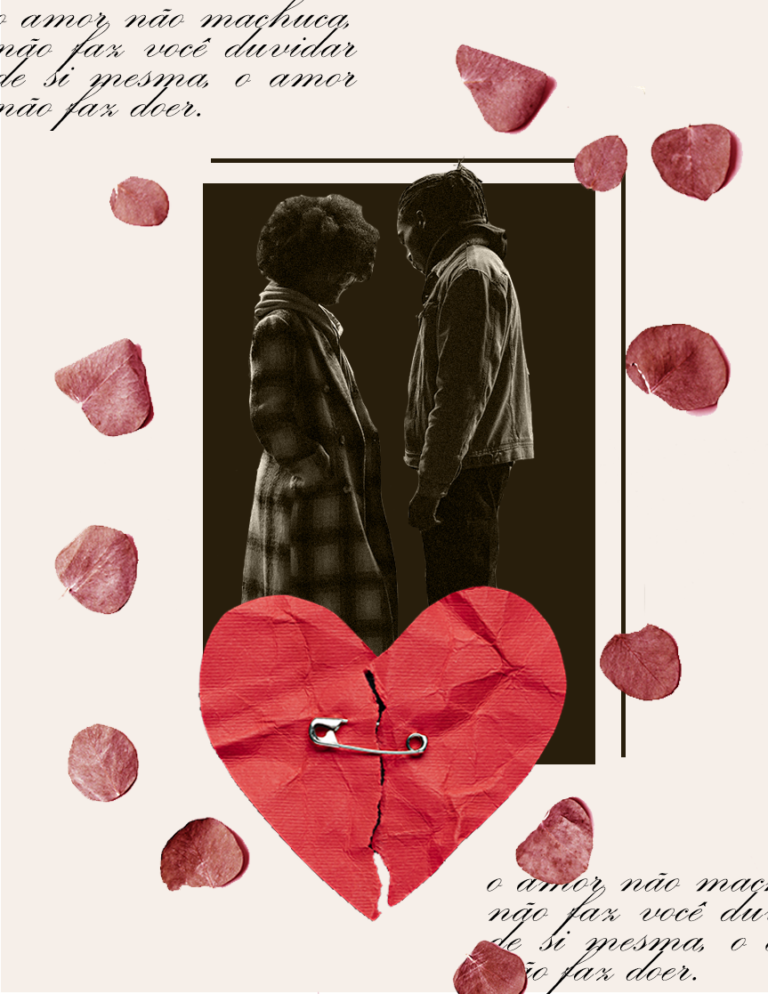Among the numerous terms that emerge to name and give shape to harmful behaviors in our daily lives, the process of doubting one’s own sanity is now known as gaslighting.
Let’s understand where this word originated from. This term comes from the movie “Gaslight,” released in 1944, which tells the story of a man who wants his wife’s money. To achieve this, he manipulates her by subtly changing things in the house every day, including the intensity of the gas lights, gradually dimming them (hence the name). When she questions him, he insists that everything is normal. The result? She begins to doubt her own sanity!
In my humble opinion, this is one of the most didactic ways to understand what gaslighting is.
This is a type of aggression that gradually infiltrates and takes over our lives without us even realizing it. Unfortunately, our modus operandi is a bottomless well of guilt, so with each doubt or assertion that we’re losing touch with reality, the deterioration worsens.
And yes, getting unwell within relationships is VERY real, like an invisible hand that grips and suffocates you. Let’s be realistic; it’s not solely a matter of willpower to escape from such a situation.
In moments like these, we need to be strategic. Often, the victim can sense that something is wrong, but their mind becomes so muddled that seeing the situation clearly becomes complicated. So, if you truly want to help, show that you’re by their side. At these times, support is far more crucial than shining a spotlight on the abuse, especially because the abuser knows precisely which buttons to push to further distance you from the person.
Talk, comfort, and show support. Steer the focus away from the relationship, even if only for a few hours. If possible, gently bring up the topic, without pointing fingers, perhaps saying, “You know what I heard on a podcast the other day?” or recommend texts, books, podcasts, movies, and series that address the issue – references can be invaluable! However, it must be crystal clear that NOTHING can replace professional help. That’s the best recommendation for every single case.
Being a victim or being part of a support network isn’t easy. The journey to break free is complex, and healing what’s been hurt is a lengthy path, but it exists and can be traversed.
Testimonial that inspired the text:
“I dated for almost 5 years, those high school relationships, you know? Over time, I started to notice that I was distancing myself from my friends and giving up things I enjoyed. Then I entered college, and it intensified. I heard a lot that my actions were wrong, that my friends weren’t good people, and despite trying to help in various situations, I was the one in the wrong. Even though he did nothing all day, he claimed he wasn’t in a bad situation by choice. Yes, I became a male crutch (sorry, Déia Freitas). With all of this happening, I started feeling bad – strong anxiety and weak emotional control. It was a tough journey to finally end the relationship, and after a lot of struggle, I ended up devastated, not recognizing myself anymore. Today, 2 years later, I feel more confident because I had the support of close friends and I’m in therapy. I won’t say it was an easy path, and I’m not completely free from everything that happened, but therapy helped me identify these situations more easily, understand myself, and set boundaries.”

